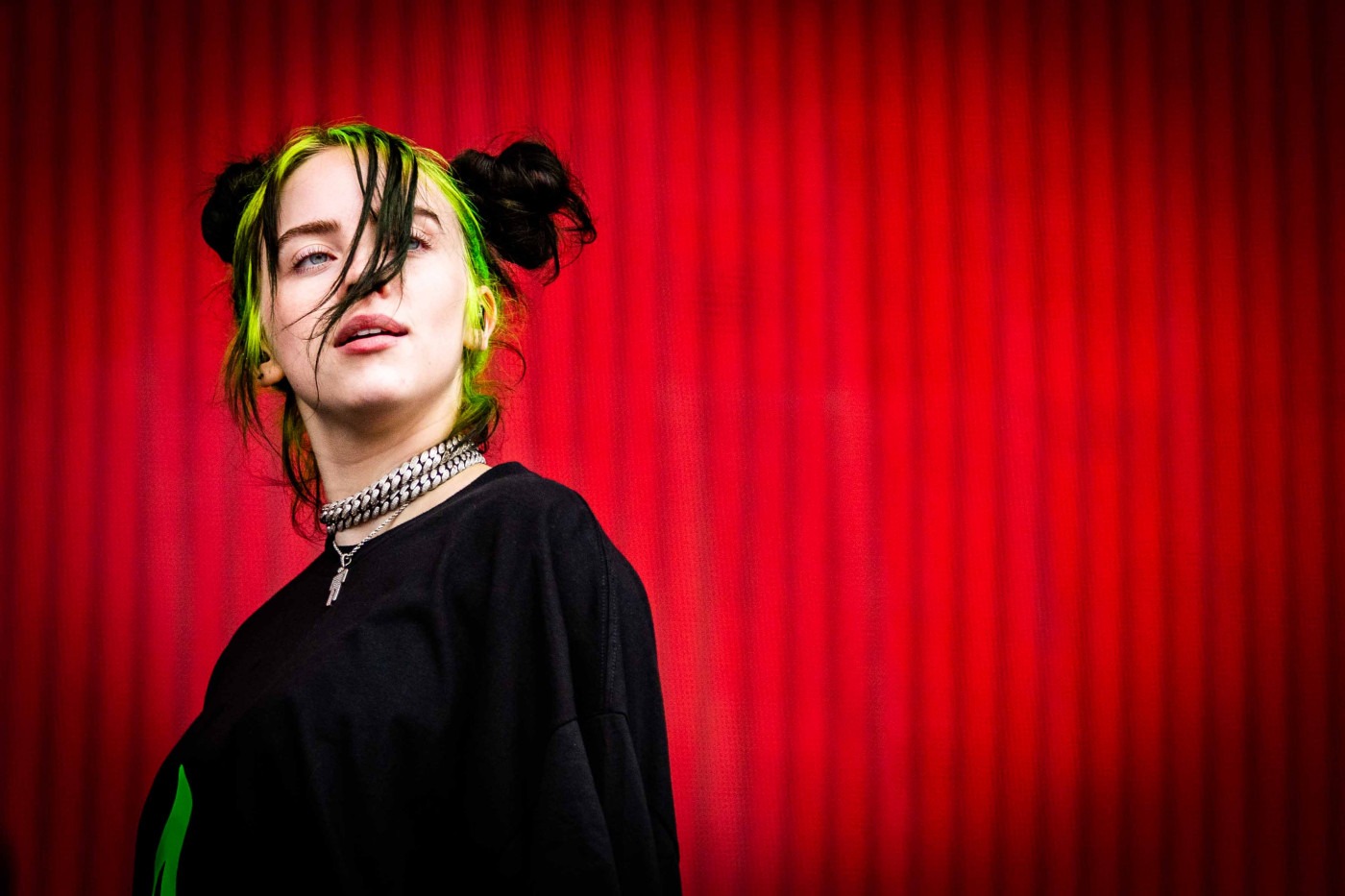‘Queer Enough?’: how social media pressures musicians to reveal their sexuality
Discourse on social media platforms regarding the private lives, and more specifically the sexualities, of musicians continues to increase as more and more artists become more expressive and open about their sexuality. In many ways, artists’ openness and honesty about their experiences and identities can be incredibly beneficial to the industry and their listeners, as more people are able to relate to their art, creating a safe community for listeners and musicians alike. That being said, the term ‘queerbaiting’ is one that has arisen only in recent years. There are many definitions and understandings of the term, but in short, it is used today as a criticism of a public figure who has portrayed themselves as queer or ambiguous to grow support from the LGBTQ+ community for marketing purposes. Many artists have experienced backlash for producing content or songs deemed as queerbaiting, the effects of this being more damaging than beneficial for the artist and their listeners.
In a Variety interview in 2023, Billie Eilish openly discussed her sexuality, revealing that she was “attracted physically” to women. This, and the release of the music video ‘Lost Cause’, featuring an all-female cast, were all the media would discuss; even up until now, the internet is obsessed with Eilish’s sexuality. Upon first glance, it appears that Eilish willingly and openly admitted information around her sexuality, however in a new interview with Vogue, she insisted that she will never discuss her sexuality ever again after feeling forced to come out as queer. Eilish is not the first public figure to be forced to publicly ‘come out’, for in today’s obsessive online culture there seems to be a desire to know everything about everyone, and to call out non-queer artists for taking up space that doesn’t belong to them.
The fixation on Styles’ potentially queer dating life often feels more popular than discussions on his actual art and music
Harry Styles’ queer role in the 2022 film, My Policeman, as well as his ambiguous sexuality/gender presentation and consistent, open support for the LGBTQ+ community continues to cover social media as his fans desperately try to discover the truth of his sexuality. In an interview with Rolling Stone, Styles discussed having been accused of only publicly being with women, to which he defends the fact that he hasn’t been publicly dating anyone: “if someone takes a picture of you with someone, it doesn’t mean you’re choosing to have a public relationship or something.” The fixation on Styles’ potentially queer dating life often feels more popular than discussions on his actual art and music, creating a common, yet dangerous, narrative of dehumanising a musician to nothing but a queer fetishisation. I believe that queer identities should be publicly discussed and celebrated, however, dissecting musicians’ sexualities against their consent can often take away from the art itself, making them a source of gossip rather than a source of art.
Chappell Roan, an openly lesbian pop artist, spoke to Rolling Stone about her experiences as a queer woman in the music industry and the effects of living so intensely in the public eye. Her honesty in this interview regarding her Christian upbringing and own internalised homophobic feelings is refreshing to hear and creates a guaranteed safe space for countless listeners who have experienced something similar. Roan added that while she loves being gay, “I just don’t want to talk about it every second of the day”, for her identity and art are so much more than her sexuality. When discussing other openly female queer artists, Roan reflected that “it’s so nice that people have started to take queer artists seriously outside of their queerness.” Essentially, a musician’s work and art are not defined or limited to their sexuality, be it ambiguous or not.
I do not believe that the sexuality of any public figure requires such intense, obsessive, and critical online and in-person discourse
With regards to queerbaiting and the media’s arguments for what makes a musician ‘gay enough’ to write certain music or make certain music videos, aside from the lack of respect for privacy, I disagree strongly with this fixation on public figures ‘coming out’. As Hadley Balser so astutely argues, “forcing people ‘out of the closet’ by calling them not gay enough or anything remotely similar is a horrific misuse of queerness, and sounds eerily similar to experiences queer people have when coming out to straight people, like family or friends.” Additionally, the internet’s obsession with queerbaiting invites debates regarding a ‘scale’ of queerness, and what is deemed to make a person ‘queer enough’. The conversation around queerbaiting has reached an ambiguous, confusing place – “on the one hand, we say don’t worry about labels, and on the other hands, if an artist presents even remotely ‘queer’ we interrogate them about their sexuality?”
In short, I do not believe that the sexuality of any public figure requires such intense, obsessive, and critical online and in-person discourse – sexuality is a personal journey and experience. Dehumanising musicians to spectacles that are inviting such intense debate regarding their sexuality is as dangerous to the musicians as it is to their listeners. Music and art should be safe, inclusive environments where artists and listeners alike are able to freely explore and express their identity in whatever forms they feel comfortable in, without external scrutiny or critique.

Comments